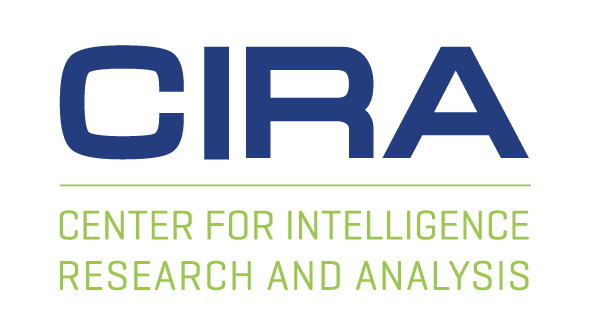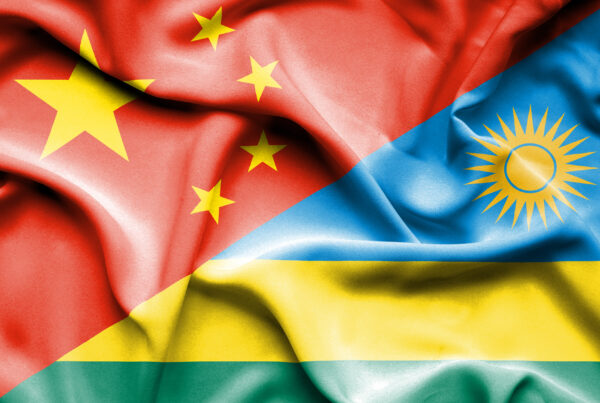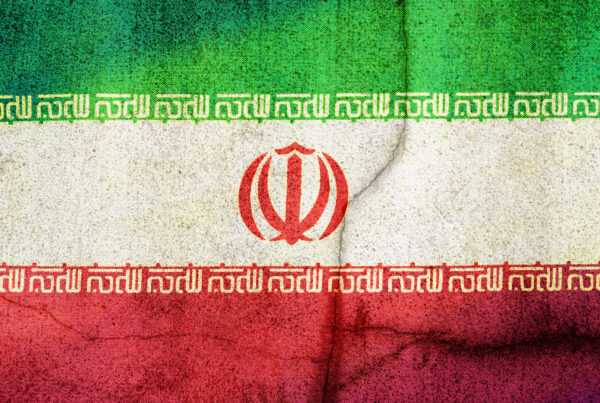Since it was announced in 2013, the Belt and Road Initiative (BRI) has served as China’s premier economic and foreign policy program. As billions of dollars in Chinese investment have poured into road, port, and railroad infrastructure projects across Eurasia and Africa, China has concurrently sought to construct a “Digital Silk Road” (数字丝绸之路) across the BRI network. This digital dimension of BRI focuses on constructing and expanding existing telecommunications infrastructure and promoting exchanges via the establishment of digital marketplaces. The People’s Republic of China (PRC) has supported this effort through partnerships with China-based cybersecurity firms to provide network security for BRI investment recipients.
Until now, PRC efforts to promote cybersecurity as part of BRI have remained a relatively underexplored topic. Nevertheless, it is clear that Beijing views investment in cybersecurity architecture as a cornerstone of infrastructure development in Eurasia. This is demonstrated in a 2018 address in which President Xi Jinping identified network security development as a key component of the Digital Silk Road. Other PRC officials have assessed that network security will play an increasingly important role in BRI development projects, especially as advanced network infrastructure such as smart cities become more prevalent. In order to meet this demand for security, the PRC has sought to encourage China-based cybersecurity firms to “go out” (走出去) and invest in BRI recipient states.
To read more, see: https://www.ccpwatch.org/single-post/2019/02/11/Securing-the-Digital-Silk-Road






